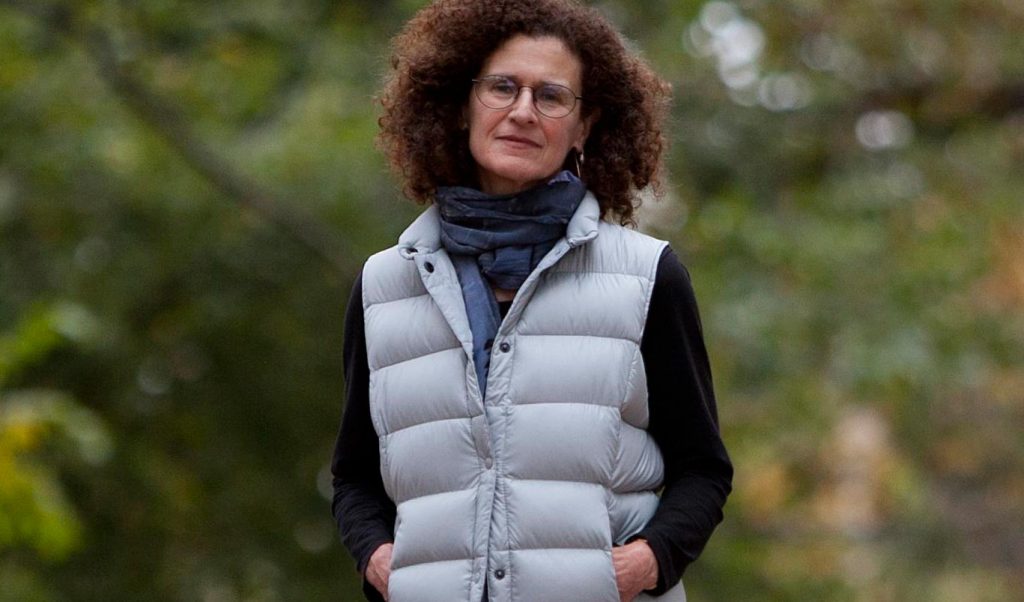Editor’s Note
When the objects of an inquiry, in any department, have principles, conditions, or elements, it is through acquaintance with these that knowledge, that is to say scientific knowledge, is attained.
-Aristotle; Physics (1;1)
Dear Reader,
In the summer of 2014, I was a sophomore enrolled at the University of Wisconsin – Madison taking my first batch of summer classes (whether from a too cavalierly and liberally lived Fall and Spring semesters or from a bout of staunch proactivism about my academic future, I’m not at liberty to remember nor tell). What I do remember is that this was the semester that I was finishing my brief incursion into my organic chemistry requirement which culminated in a summer-long, 7:50 A.M. daily orgo lab. I paired this with my first creative writing class, an upper-level fiction workshop that I was admitted to, probably with a deep sigh, from a one-page piece of fiction I was required to write due to my lack of pre-requisite course work in anything remotely adjacent to the word “creative.” We met Tuesdays and Thursdays from 5-8 P.M. on the 6th floor of Helen C. White. A building where the lights worked 60% of the time but that provided the most providential, 180° view of Lake Mendota. I can’t remember a thing about what I learned, wrote, or even the name of a single story I read, but what I do remember was the sun setting over the lake and how I had never seen anything quite like it.
In the mornings it would start again; I would wake up in the dark to pile into a basement chemistry lab with 30 other pre-med hopefuls gauchely tugging at locked drawers for distillation glassware with Cro-Magnon like dexterity, dropping NMR tubes sometimes for the thrill, and prepping sand baths by, first, losing half the sand to cracks within the countertops. If this were a part of Dante’s depiction of the first circle of Hell, I would’ve believed him. Somewhere between the 5-Molar hydrochloric acid and tireless self-pity, I lost that Erlenmeyer flask of hope which I labeled “My Future.” All I knew is that on my Mondays, Wednesdays, and Fridays I yearned to be in that classroom in Helen C. White because, quite simply, it was a place where I felt welcomed.
In Mary Midgley’s text, Science and Poetry, she remarks “it seem[s] as if something called science is forbidding us to be human.” I think to some degree, in that basement lab, I felt this forbiddingness and to some degree, I think, we have all felt this before – admittedly about any monolithic arm of academia. The wall of mental and emotional separation that the sciences appear to construct is often one which is hard to scale. It’s our initial impressions, our introductions to any course of study, that guide so much of our thinking, and consequently, our memory. In that basement laboratory, I remember that the process which I was participating in felt cold, calculated, and unwelcoming. But what I didn’t understand back then, and that is implicit in Midgley’s quote, is that science is not synonymous with the word impersonal.
Reverence is a profoundly personal act; it is one that shares a long withstanding history of the process of inquiry which scientific knowledge demands. Charles Darwin ends the Origin of Species by saying “There is grandeur in this view of life,” Albert Einstein said, “Science can only be created by those who are thoroughly imbued with the aspiration towards truth and understanding” – it this very act of reverence that turns so quickly to yearning, a lustful and imaginative process by which we are so compelled to “understand.” And it is this process by which we are thrust into pursuit, whether it be scientific or artistic, that we can label a vision. It is these visions that Midgley describes, “[o]ur visions – our ways of imagining the world – determine the direction of our thoughts.” The direction of our thoughts, these visions, our pursuit of inquiry and understanding, all stem from a singular impetus: wonder.
In curating this issue of MQR Mixtape, it is that very essence of wonder that I wished to capture.
I wish to clarify this by saying I don’t mean to necessarily include the connotation of marvel which wonder normally espouses but rather, to capture that very feeling of astonishment, good or bad, one which catalyzes and thrusts into action our spirit of intrigue and discovery. Inextricably linked with wonder is often a passion for understanding and knowledge. Enclosed in the virtual pages of this issue you will find eclectic pieces that encompass just that, both in the nature of their genre and content.
To open the issue, I’ve included an interview between Jane Hirshfield and myself where she explicates scale, the climate crisis, and other scientific influences in her new collection Ledger. Landis Grenville offers us tender and thoughtful explorations through her speaker’s interaction in a “Still Life with Sergei Osipov” and later “Probability Theory.” Brad Smith’s microscopic and embryonic artwork dazzles and haunts in both their final renderings and in craft. To complete the A side of this Mixtape, Nick Arvin’s short story entitled “Engineer’s Dream,” where a feud, stemming from love and a difference of academic discipline, conflicts the narrator on whether or not to give artistic advice to his scientific-minded brother. Meet Linda Bierds’s poem “Erebus Redux,” concerning the voyage of the Erebus and the subsequent DNA testing done on the wreckage. Conrad Egyir’s artwork which grapples with questions of power and consequent tragedy while remaining harmoniously intimate with underpinnings of the non-secular. Þórdís Helgadóttir’s short story “Uterus” translated by Larissa Kyzer finds a fitness-oriented couple’s relationship on the rocks after an exclusive and highbrow dinner party. And finally, to close, Bill Olsen’s “Leaf-Out” which flickers, with needlelike dexterity, between that which is seen and unseen, that which lives and produces life.
I’d like to extend a thanks to the team at Michigan Quarterly Review who made this issue a reality. To Khaled Mattawa, the editor of MQR, thank you for giving us guest editors a space to curate our own issue and for trusting us to do so. To Hannah Webster, for her administrational and social-media prowess. To Jessica Wolking, for helping us establish our web-home here for Mixtape. To Katie Raymond, for helping us create our own, visual identity for this project. And to my co-editors, Elinam and Eirill – my many thanks for dealing with me and all my questions. Your support, insights, encouragement, and friendship were a guiding light for me throughout this process.
The arts are the scientific inquiry of the self. My goal, when I set out to curate this issue of MQR Mixtape, was to scale that distance I felt so long ago, a distance I still grapple with today, to dissolve science and art into their resolute particle; It is my hope that the eight pieces you find within this issue offer you the same amount of wonder that I had while discovering them myself. I thank you for reading.
Justin Balog
Guest Editor
Michigan Quarterly Review: Mixtape
You can check out Issue 3: Material and Methods of MQR Mixtape here.



